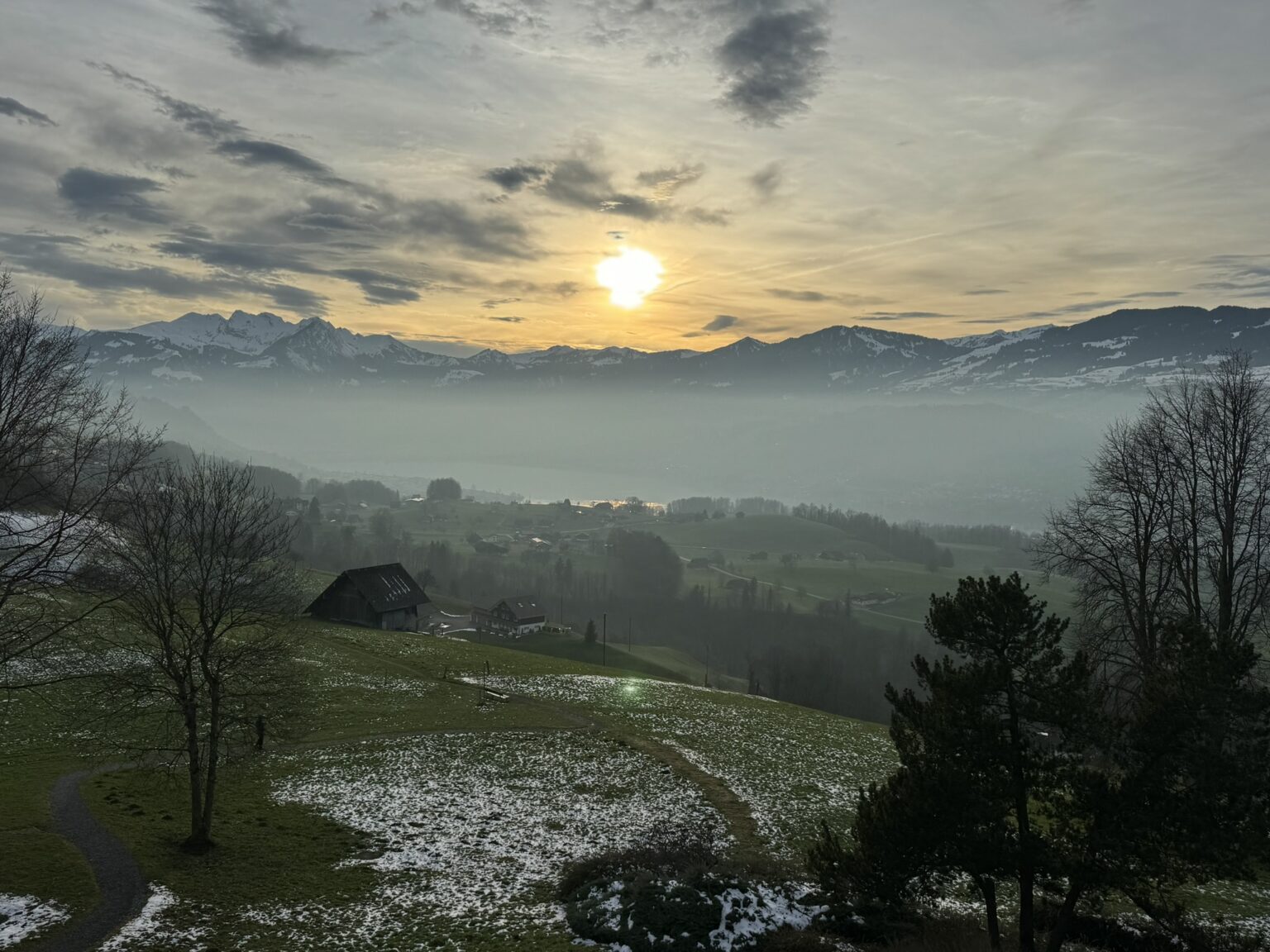

Lent begins with the tribal story of the Exodus and concludes with the myth being lived out in the person of Jesus. From today the liturgy readings focus on the events that led to the tragic climax of his downfall, death and resurrection. Today’s gospel, however, opens with an apparently mundane detail: Among those who went up to worship at the festival were some Greeks. These approached Philip, who came from Bethsaida in Galilee, and put this request to him, ‘Sir, we should like to see Jesus.’ Philip went to tell Andrew, and Andrew and Philip together went to tell Jesus. Is the point to highlight the expansion of his influence beyond the Jewish world? Or to accentuate the physical danger Jesus was in and the need for security?
At many moments in life the very uncertainty of what might be the correct interpretation sharpens our sense of reality. How often do we have a sense of uncertainty about the meaning of something or the incipient feeling of meaninglessness while we also sense that something of great significance is underway? The passing details of a loved one’s last hours of life can remain with you for the rest of yours. In important moments we pay attention to everything. including all the loose ends and unanswered questions of life.
From this point in the Lent cycle, we are swept forward in a story of inescapable intensity, drawn into a sequence of events which we have heard before. But, as with children, repetition makes them new.
Jesus has just been told that some foreigners have asked to see him. His response to this small thing is not to check his schedule. Instead, he expresses both his anxiety about the direction events are taking happen and the meaning that is now beginning to unfold and whose outcome he already knows is inevitable. His hour has come and the ultimate meaning of his young life will be fulfilled. This will happen not through success and acclaim – as we fantasise fulfilment will come to us – but through failure, pain, loss and the non-negotiability of death. He sees the necessity of this when he says that a seed has to die before it will produce a harvest.
Then, turning from his personal fate to the universal truth of the human condition he shares with us the meaning, the truth. Anyone who wants to find their life must lose it. We cannot have our cake and eat it until we have let go of the cake and our desire for it. And, if he is the way we follow, we will have to go through what he is passing through. Hard though this path seems, discipleship reveals the Father, the source, to us as it has known and lived with it since his mission began.
The exodus in this personal transition is the final break with the powers of samsara, all the alliance of illusory forces that block and delude us. What seems the end becomes transparent and we see a new beginning take shape. Everything will be made new as we free ourselves from ancient bonds and embrace the unique gift of life that makes each of us who we truly are.

Laurence Freeman
Copyright © 2025. The World Community for Christian Meditation (WCCM) Hong Kong, All Rights Reserved